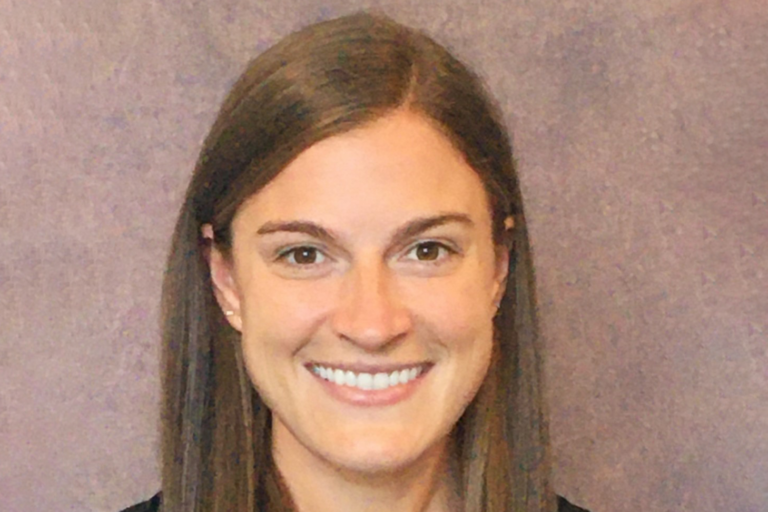The university has revised its attendance policy in relation to COVID-19 for the fall 2023 semester. Read the new detailed guidance online.
The current attendance policies in the undergraduate bulletin and graduate bulletin do not recognize illness as an excused absence. At the same time, students should not attend class if they have COVID-19 symptoms and students who test positive for COVID-19 should follow isolation guidelines. In alignment with the CDC’s latest guidance, individuals who are exposed to COVID-19 are no longer required to quarantine, regardless of vaccination status. The university advises anyone, regardless of vaccination status, who experiences symptoms of COVID-19 to stay home, complete the COVID Cheq Symptom Screener, self-isolate and get tested.
More information about what to do if you feel sick or test positive for COVID-19 is available on Marquette’s COVID-19 website.
Instead of expanding the current attendance policy categories of excused absence to include illness, the university is providing the following guidance to create a flexible and compassionate response to students who become ill with COVID-19:
- Instructors are expected to provide opportunities for students who miss classes due to symptoms, COVID-19 diagnosis and/or isolation to make up graded in-class assignments. Labs, clinicals and other field-based classes are the exceptions to this because it may be impossible to make up classwork in these types of classes.
- Students are responsible for contacting instructors prior to the missed class session to indicate absence and the need to make up classwork/assignments. Students requesting make up classwork/assignments are required to provide the COVID Cheq “stop sign” to confirm inability to attend class. Students can access the COVID Cheq Symptom Screener, enter the relevant information and provide the “stop sign” graphic to instructors as required or requested by them. Read more about what to do if you feel sick or test positive on Marquette’s COVID-19 website.
- If a student is forced to be absent for an extended period of time (generally more than two weeks) and is unable to complete assignments, instructors should explore all reasonable alternatives to engagement before discussing withdrawal from the course or a grade of incomplete.
- If any portion of the course grade is based on attendance, exceptions should be made to allow students who are required to miss class for a COVID Cheq “stop sign” to avoid penalty. Students are expected to communicate proactively with their instructors about such COVID-related absences in order to request such an exception. When evaluating participation and engagement, faculty should design assessments that would allow ill/quarantined students to demonstrate participation/engagement regardless of modality.
- Syllabi should indicate expectations for students who may be absent due to symptoms and/or COVID-19 diagnosis. The Center for Teaching and Learning has developed COVID-19 language for syllabi.
- Consider flexible options for students seeking to withdraw after the deadline, depending on the circumstances and academic program.
Students, faculty and staff no longer receive a daily COVID Cheq screening. If you become symptomatic, please complete the COVID Cheq Symptom Screener, self-isolate and get tested. The COVID Cheq Symptom Screener will track your symptoms, monitor isolation and advise when you are cleared to return to campus.
The federal government recently announced that starting on Monday, Sept. 25, it will provide a pack of four, free at-home COVID tests for each household that makes a request. Tests can be requested online.


